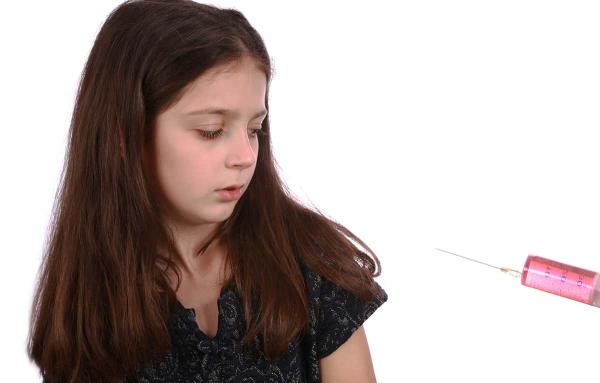
Few parents today remember a time when polio, measles, and pertussis caused widespread panic and debilitating disabilities. However, low vaccination rates are leading to unheard of outbreaks of these once common diseases in today's mainstream populations. In a Deseret News recent article, Lois M. Collins shares, "Barry Bloom, a professor of medicine at Harvard University, [...]believes that vaccines have been so good at eradicating certain diseases that people don't really understand what's at risk,"� and it's no wonder.
Daily we're inundated with blog posts, news articles, magazine headlines and newspaper stories that share seemingly conflicting information about the effectiveness and safety of vaccines. The truth is, despite the vigorous testing vaccinations receive, any armchair immunologist, complete with degree from Google U, can spin studies to support their own viewpoints. Do a Google Web search of "safety of MMR vaccine"� and you'll get over 325,000 results, all ranging from blindly pro-vaccine to flagrantly anti-vaccine. For those of us without medical degrees, piece-milling the information together is daunting.
Who are the players?
Unlike many other societal health issues, non-vaccination is not an issue of under-education or low socioeconomic status. Collins, quoting Bloom in her article again, shares, "The people we are concerned about are the people who are hesitant. The general demographic is well-educated and upper middle class."� Therein lies the danger of knowing just enough to be dangerous. It appears that the anti-vaccine campaign is not a campaign against vaccines as much as a rebellion against the established medical community. With parents' unlimited access to information on the Internet, too many parents are substituting the limited wisdom of at-home research for the advice of a licensed, credentialed physician. Unfortunately in this case, pride cometh before the unnecessarily sick child.
The question becomes, who should we believe? Do parents trust the likes of B-list celebrities such as Jenny McCarthy, Aidan Quinn, and Kristin Cavallari, none of whom has any medical training? Should we believe the CDC, a group that has the interest of the community and not the individual at its core? And really, should anyone ever trust big pharma? If we find ourselves in the "hesitant"� category Bloom describes, the only responsible action is seeking out the advice of a physician who is familiar with our child's medical history.
Where should I go for information?
It's natural for parents to want to be all things to their children - nurturer, provider, teacher, healer. However, we need to recognize our own limitations and the limitations of our DIY research efforts. Anyone on the Web can call themselves a scientist and spout off their interpretation of facts. Some of these efforts are so convincing that even the best and brightest among us get swayed. It's time to turn off the computers, schedule those well child visits, and come armed with a list of questions and concerns for our pediatricians.
Should your child receive all standard vaccinations? Should they receive those vaccinations on the standard schedule? What are the risks involved? Those are excellent questions for the treating physician who is familiar with your child and family's history. If you don't feel heard by your doctor, don't hesitate to keep looking until you find a physician who will answer all your questions thoroughly. One of the best gifts you can give your child is a support system of competent, caring professionals who are looking out for her best interests.
At the end of the day, we all really want the same thing: healthy children. Maybe if we spent a little less time finger-pointing, name-calling and denigrating and more time encouraging other parents to seek competent medical care for their families, we wouldn't be fighting a vaccination war at all. As with most things, we get better results when we focus on our commonalities and work together. Our kids deserve to have us team up to ensure a healthier future for all children. One child who dies of a preventable disease is one too many.

